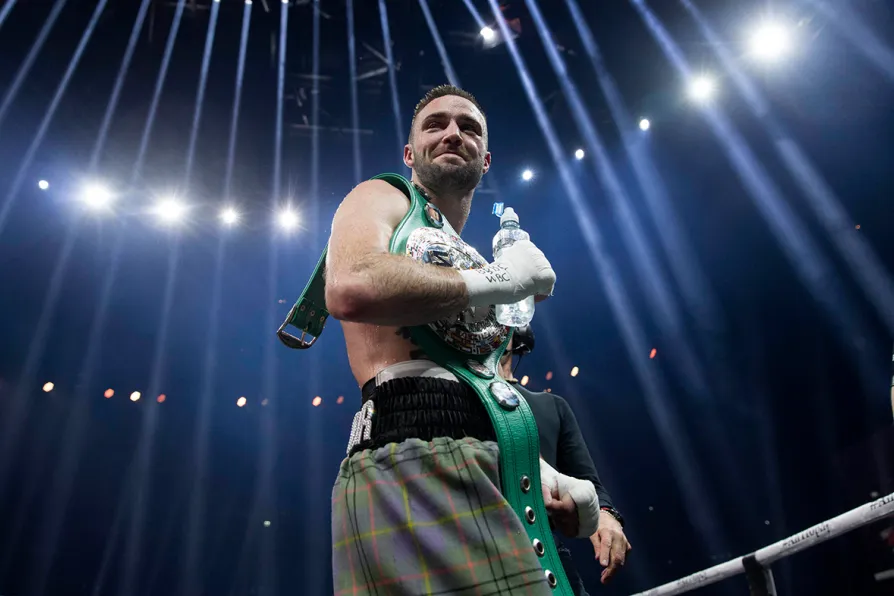

THE importance of momentum in an athlete or sportsperson’s career can’t be overstated. The sense of forward motion while training for an event, competition or tournament is intrinsic to their sense of purpose and identity, living as they do in a state of permanent striving for excellence from one day to the next.
For a fighter, momentum takes on even greater importance, in that the mindset required to step into a boxing ring to trade blows in sparring on a regular basis can only be sustained by the act of doing, reinforcing the mental fortitude required to do so with an upcoming fight consuming every waking thought.
But now all that has been shattered with the onset of a global pandemic, turning the world upside down and inside out. Boxers have in consequence been cut adrift from the gym and the daily grind and structure that normally dominates their existence, pitched now into a void with as yet no end in sight.














